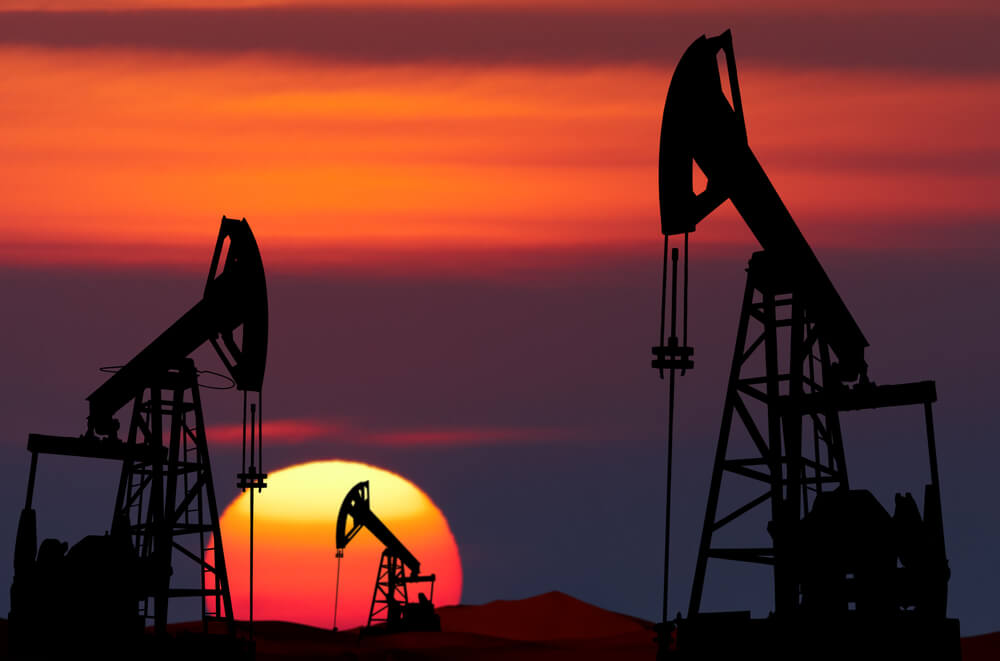
The Oil Company Fears that A Windfall Tax Could Backfire
Oil, gas, and petrochemical giant OMV has warned that the E.U.’s planned windfall fee could have a significant impact and has challenged basing the proposal on profits over the last three years, pointing out that these were not regular times. To protect customers from rising energy prices, Brussels hopes to siphon off money from low-cost electricity generators and force fossil fuel companies to share windfall gains.
European governments have already spent billions of euros on tax cuts, bailouts, and subsidies. They are trying to combat a crisis, pushing sectors to shut down, driving up inflation, and raising bills as winter approaches. To protect customers from rising energy prices, Brussels hopes to siphon off money from low-cost electricity generators and force fossil fuel companies to share windfall gains.
Meanwhile, Argentina’s President Alberto Fernández pledged to levy a tax on firm profits increased by the Ukraine conflict. The law proposes to collect an extra 15% tax on corporations who have profits of more than 1B pesos (about $8.3M) in 2022. Their profit margin is either greater than 10% in real terms or greater than 20% in 2021. Argentina’s center-left government is perceived as attempting to cut the fiscal deficit and curb runaway inflation, approaching 80%.
U.S. Oil and Gas Producers Can’t Save Europe
According to American oil executives, U.S. oil and gas producers cannot increase existing output levels too much in the short term to counter a predicted decline in Russian oil supplies when the E.U. embargo goes into effect later this year.
There will be no bailout for Europe from American producers, “not on the oil side, not on the gas side.”
The global oil market must brace itself for a loss of 2.4M barrels per day (BPD) when the E.U. embargo takes effect, according to the International Energy Agency (IEA) in its Oil Market Report released earlier this week. According to the Paris-based agency, an additional 1M BPD of products and 1.4M BPD of crude will need to find new homes, potentially leading to further decreases in Russian oil exports and production.
The Energy Information Administration said in its monthly Drilling Productivity Report that crude oil output in the Permian Basin is on track to achieve a new high next month, increasing by 66,020 BPD from September to 5.423M BPD in October.
How the Climate Law Might Benefit Oil Firms
At first appearance, the Inflation Reduction Act appears to be a financial issue for the United States’ gas and oil business.
U.S. President signed the bill into law last month. It brings a new minimum tax on high-earning corporations. Moreover, it puts a tax on organizations that buy back shares of their stock. It happened weeks after big U.S. oil companies reported record earnings and billions of dollars in share acquisitions.
Lawmakers smoothed out the rough edges of the tax provision. They added a handful of incentives that will benefit oil producers.
As a result, those businesses that lost money during the 2020 oil price drop may be able to use those losses to reduce their tax bill in 2022, when the industry has achieved record profits.
It’s unknown how much the sector could carry forward in offsets, but it could be significant. A sampling of the 36 largest oil and gas producers collectively lost $91B in 2020. Companies that pay the minimal tax can utilize any losses from 2020 to level out their tax costs for the next two years, thanks to the law’s averaging provision.
Natural Gas Prices Fell on Friday
Prices wiped out a weeklong gain. The E.U. sought agreement on plans to alleviate the biggest energy crisis in decades.
Following this month’s extraordinary volatility, benchmark futures plummeted as much as 3.9%. Rising gas inventories and a sufficient supply of liquefied natural gas have pushed prices back from August highs. Still, they remain almost eight times higher than normal.
This highlights the dilemma policymakers confront just weeks before the heating season begins, despite Russia’s record-low gas exports. The European Commission recommended several measures to lessen the impact of skyrocketing energy prices on consumers this week. The plan calls for raising 140B euros ($140B) from energy companies’ earnings, obligatory peak power demand reductions, and more liquidity. All of the modifications must be approved by member states, and the debates, which will continue this month, will be difficult.




